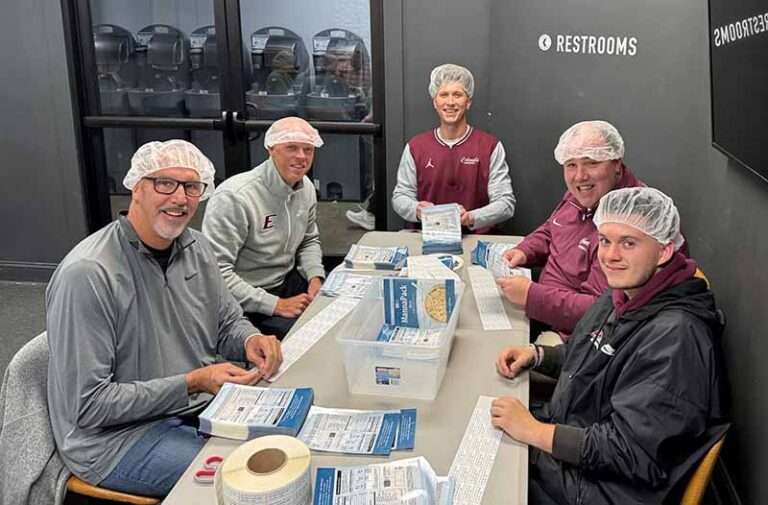Saying it would reduce the number of habitual drunken drivers, a majority of state senators voted today for legislation that would expand the use of ignition interlocks for people caught driving under the influence of alcohol.
The legislation, known as Senate Bill 133, would supplement hardship licenses – special licenses allowing people with suspended licenses to drive to work, school and doctor’s appointments – with ignition interlocks.
An ignition interlock is a device about the size of a mobile phone that is wired into the ignition system of a vehicle. A person convicted driving under the influence must blow into the device in order to start their vehicle. If they have a measurable amount of alcohol in their system, the vehicle will not start.
“Drunk driving kills,” said Sen. Morgan McGarvey, who is sponsoring the bill along with Sen. Whitney Westerfield, R-Hopkinsville. “In 2013, over 10,000 people lost their lives at the hands of a drunk driver.”
McGarvey said while legislators across the country have not found a way to eradicate drunken driving, lawmakers in 24 states have found ways to reduce it through the use of ignition interlocks.
“The states that have done this have seen a 30 percent decrease in fatalities due to drunk driving,” McGarvey said.
Unlike previous versions of the bill, McGarvey said ignition interlocks would only be available to people convicted of drunken driving with aggravating circumstances, like having a child in the car, going more than 30 mph over the speed limit or having prior drunken driving convictions.
McGarvey said a special fund would be set up to supplement the costs of ignition interlocks for the poor to address concerns raised by the state’s public defenders. In response to a question by Sen. Paul Hornback, R-Shelbyville, concerning who would pay for the indigent fund, McGarvey said the companies who provide the ignition interlocks to the state would subsidize the fund.
SB 133 now goes to the House for consideration.
From Legislative Research Commission

















